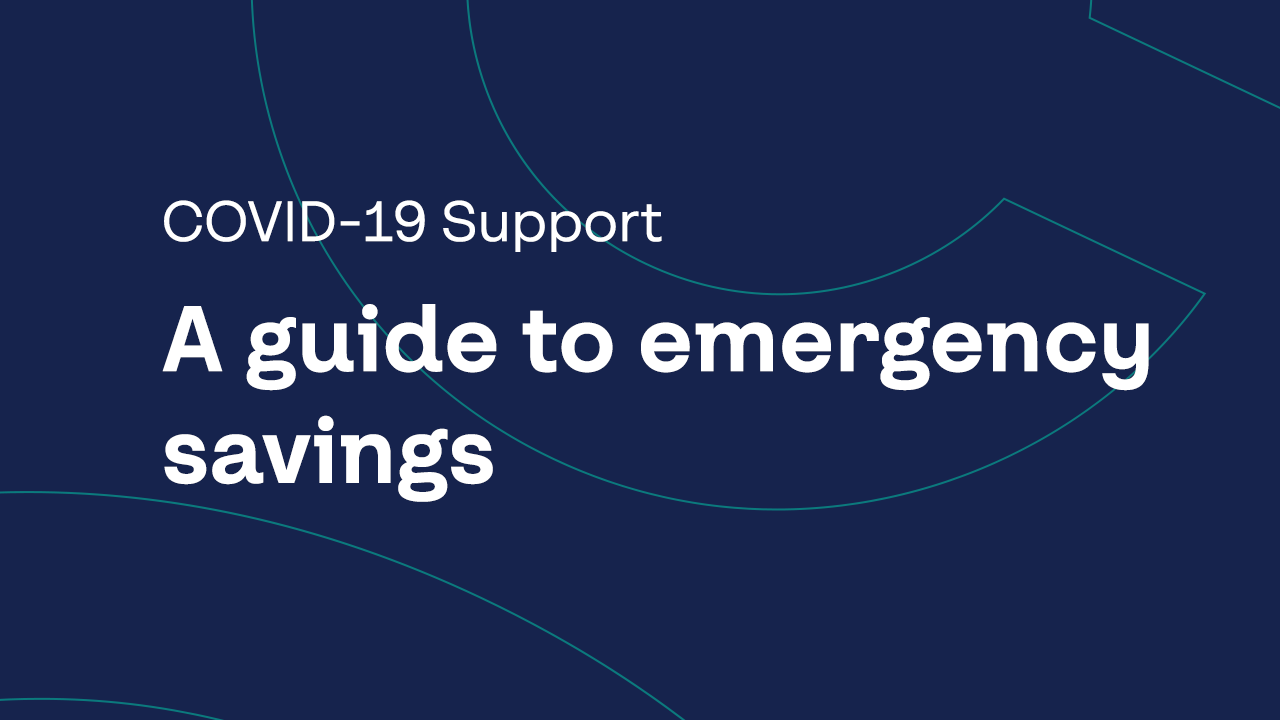We asked you for your burning money questions. As it turns out, a lot of you had similar questions. So we sat down with the experts – Rachel Coyle, VP Retail Operating Office, and Tyler Saito, Director, Wealth Management Business Solutions- to get you the answers you’re looking for.
How does compound interest work?
Tyler: Compound interest is when the interest your money makes earns its own interest. When you make a multi-year investment, at the end of the first year, you can choose for the interest to be added to the principle amount of your investment. Then in your second year, the interest you earn is earned on both your principle amount plus the interest. And it keeps compounding over the years. It allows your investment grow even faster.
How do you balance saving for retirement with paying day-to-day expenses and living in an expensive place like the Lower Mainland?
Rachel: It really is about having a budget. It’s about understanding what you need to live day-to-day, what you have to pay for and what your luxuries might be; for example, going for coffee every day. You just need to find that balance. My biggest piece of advice is to have a budget and stick to it.
I have a 1.5-year-old – how much should I save for his education?
Tyler: That’s a question we get a lot. The short answer – save what you can. The great part about saving for your children’s education in a Registered Education Savings Plan (RRSP) is that, in addition to being a tool you can use to invest, there are also government grants available to help further the amount your kids have for their education later on in life.
While it can be tough to save, any amount counts because the government will add to the RESP too. Plus, you’ll earn some interest over time. A great way to get started is to set up a monthly pre-authorized credit.
What are your tips on how to start a budget, especially for a young family?
Rachel: Sit down with your family and sort out what your needs versus your wants are. Then, sort those into a budget. A budget calculator or personal financial management tool like our Take Charge Money Manager are both great tools to help you set it up. But the key to making any budget work is to follow through with it – so make sure you’re looking at it during the month and ensuring it works in practice.
What is better: an RRSP or TFSA?
Tyler: Both are great. An RRSP, or Registered Retirement Savings Plan, is ideal if you’re earning an income and working a job, because then the contributions you put in can decrease your taxable income in that year. And your TFSA is pretty much good all the time because the money you put in is tax-free earnings. Plus, it’s tax-free when you pull it out to spend it. There are benefits to both so it’s a good idea to chat with an advisor to help make sure you’re set up with the account types that will best help you reach your goals.
What’s the best investment you can make if you don’t have a lot of money to invest?
Rachel: First, make sure you have a goal. You need to know what you’re saving for and understand your budget. If you have a budget, you will be able to see what amount you can afford to invest. The key is to just start now. Set up a pre-authorized credit and revisit it often to see if you can increase your contribution.
Thanks to Rachel and Tyler for sharing their expertise with us.
If you have any more money questions or would like the help of our experts to explore what the right budget and savings plan is for you, talk to us. We’re here to help.



